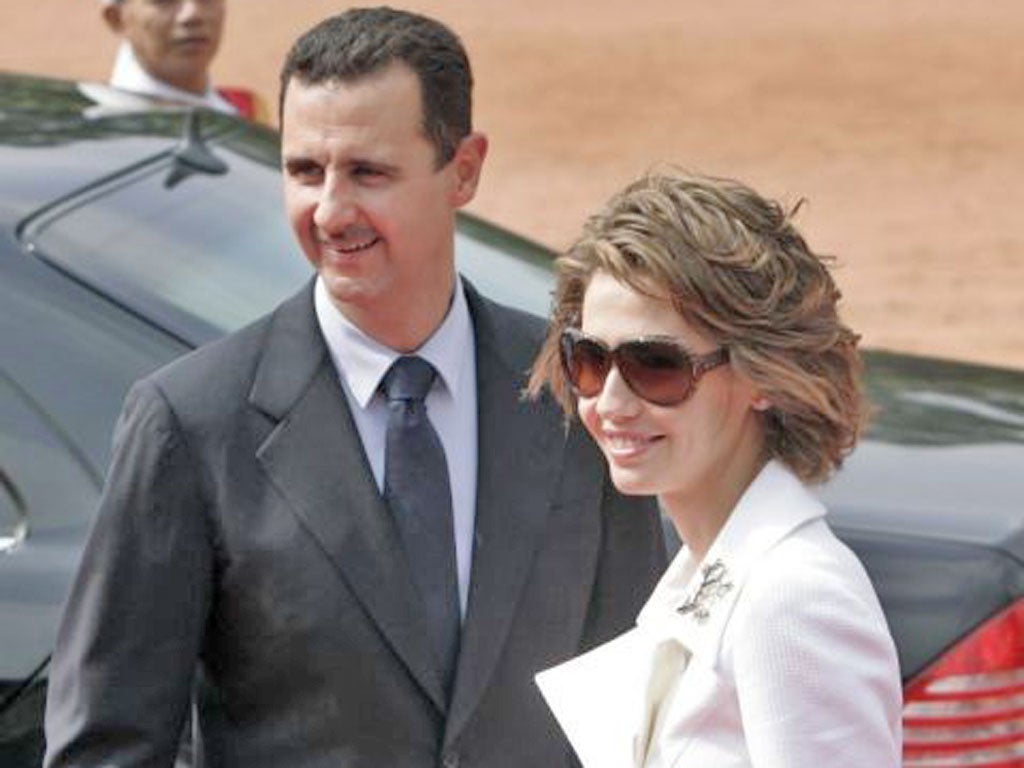
Your support helps us to tell the story
From reproductive rights to climate change to Big Tech, The Independent is on the ground when the story is developing. Whether it's investigating the financials of Elon Musk's pro-Trump PAC or producing our latest documentary, 'The A Word', which shines a light on the American women fighting for reproductive rights, we know how important it is to parse out the facts from the messaging.
At such a critical moment in US history, we need reporters on the ground. Your donation allows us to keep sending journalists to speak to both sides of the story.
The Independent is trusted by Americans across the entire political spectrum. And unlike many other quality news outlets, we choose not to lock Americans out of our reporting and analysis with paywalls. We believe quality journalism should be available to everyone, paid for by those who can afford it.
Your support makes all the difference.The Syrian regime admitted for the first time yesterday that it possesses weapons of mass destruction, as it dismissed as "flagrant interventionism" an Arab League offer to provide a safe exit for President Bashar al-Assad and his family if he steps aside.
As the conflict entered a new phase of instability, Qatar's Prime Minister, Jassim bin Jaber al-Thani, said the Arab League had made the offer but provided no further details.
The league's move was swiftly condemned by the Assad regime. A spokesman for the Syrian foreign ministry, Jihad Makdissi, accused Western officials and media of ramping up the rhetoric over its stockpiles of unconventional weapons as a pretext for intervention.
"Any chemical or biological weapons will never be used, I repeat, will never be used in the Syrian crisis, no matter what the internal developments in this crisis are," he said.
However, he added: "All varieties of these weapons are stored and secured by the Syrian armed forces and under its direct supervision, and will not be used unless Syria is subjected to external aggression."
The government denied it possessed such weapons, saying Mr Makdissi had meant that "if any" existed then they would not be used against the Syrian people.
The Syrian military is thought to have large stockpiles largely consisting of sarin, mustard gas and nerve agents, which it is capable of delivering via Scud missiles.
The rebels appear to be struggling to hold on to their gains in Damascus but the story is different in the second city, Aleppo, where intense clashes continued yesterday.
Join our commenting forum
Join thought-provoking conversations, follow other Independent readers and see their replies
Comments